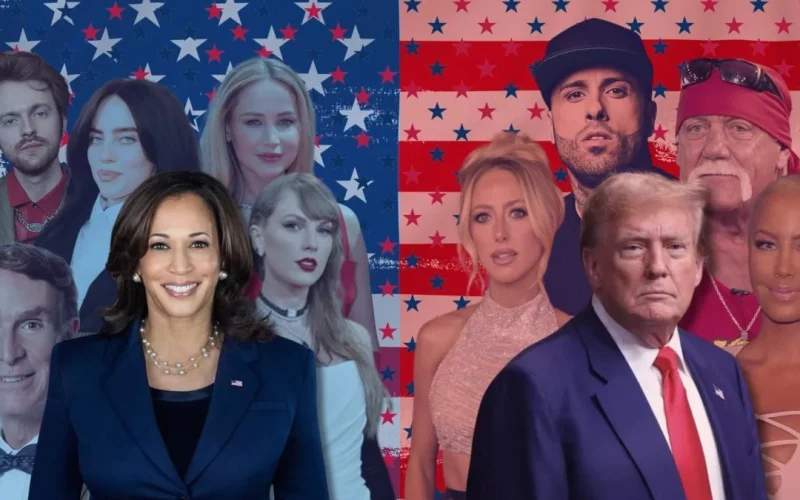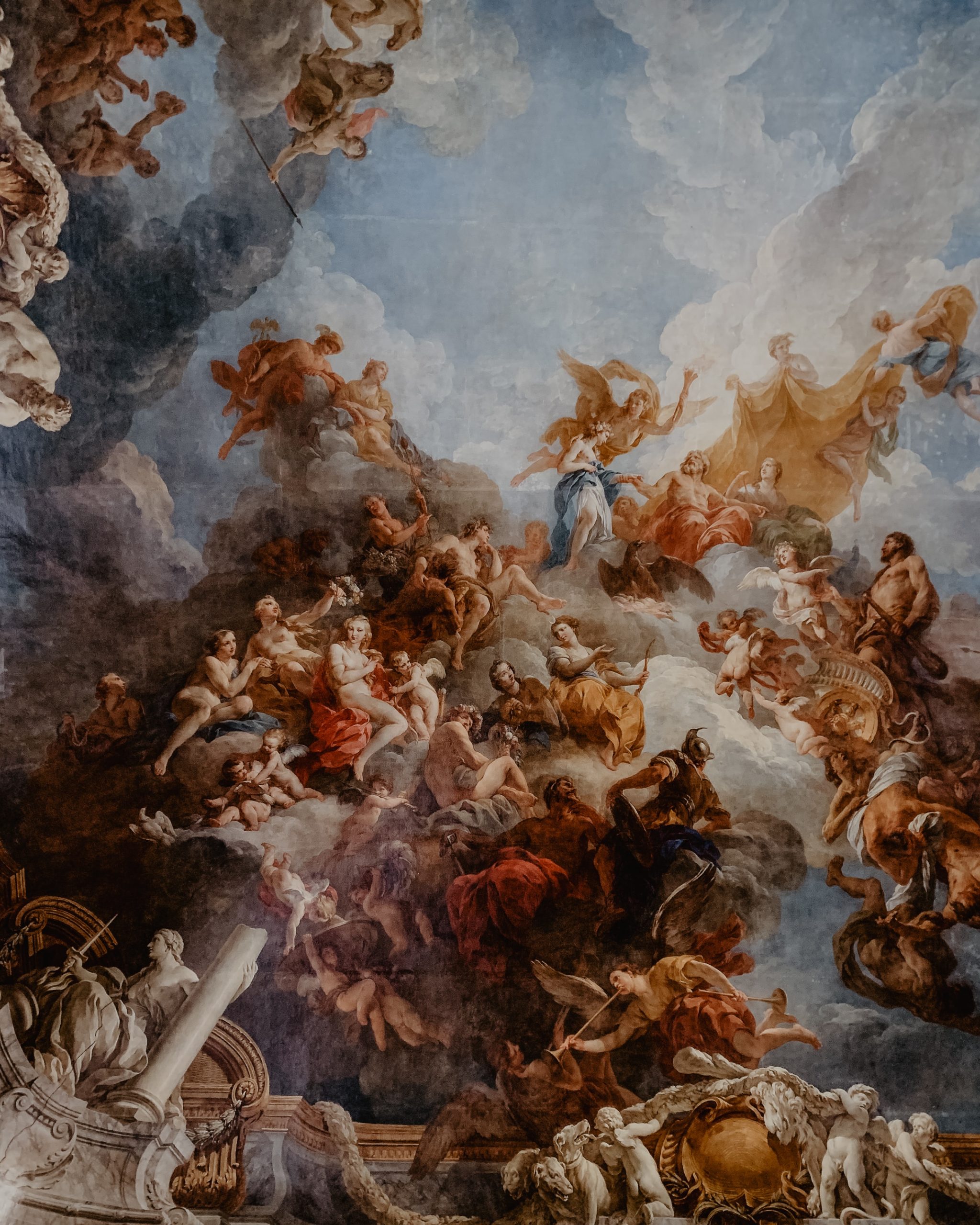Introduction
Entertainment media has a big impact on our daily lives. It affects what we watch and the news we follow. But its influence goes further than just entertainment. Media also shapes how people see elections. It can change how voters view candidates, political issues, and even voting itself. This article looks at how Entertainment Media Electoral Behavior connects to elections. It explains how media shapes public opinion, encourages political participation, and influences voting choices.
The Role of Entertainment Media in Political Socialization
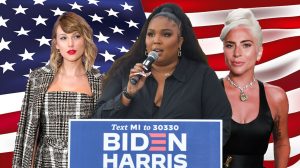
Political socialization is how people develop their political beliefs and values. Entertainment media, like TV shows, movies, music, and social media, plays a big role in this process. It exposes people to different political ideas and shapes how they see issues, ideologies, and candidates.
The way media shows political figures, policies, and events can either support or challenge what people already believe. For instance, political dramas and comedies often portray politicians in funny or exaggerated ways. This can change how the public views them, either in a good or bad way, depending on how they are shown.
How Media Influences Political Engagement
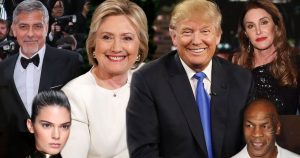
Entertainment media doesn’t just share information; it also gets people involved. News outlets, reality TV, and online content keep viewers informed about politics and the electoral process. But media does more than just inform it can inspire or discourage people from taking part in politics.
Social media platforms like Twitter, Instagram, and TikTok are now key tools for political engagement. Politicians and parties use these platforms to talk directly to voters. They also let people join political discussions. The fun and easy-to-use nature of social media makes it a popular space for talking about politics and activism. This shapes how people see their role in democracy.
Celebrity Influence on Electoral Behavior
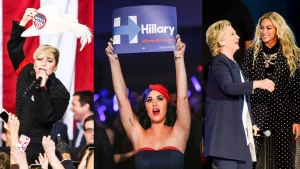
Entertainment media shapes elections in big ways, especially through celebrities. Celebrities are seen as powerful figures who can influence public opinion. In recent elections, many famous people have supported candidates and used their platforms to guide followers on how to vote.
Because they are popular and well-known, celebrities can connect with many different people. Through endorsements, activism, or speeches, they make political issues easier to understand and more visible. Their impact is especially strong in voter campaigns, where they encourage young and underrepresented groups to vote.
How Entertainment Media Shapes Voter Perceptions
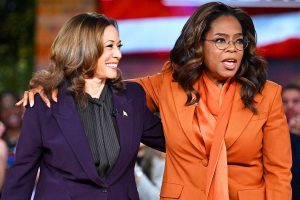
Entertainment media influences how people view political issues and candidates. TV shows, movies, and news often show political figures in certain ways, shaping public opinion.
For example, media might present a candidate as a hero or a villain, depending on how their actions are covered. This can impact how voters feel about them, making people more or less likely to support them. Media also affects which issues seem important by highlighting certain topics during elections.
The Impact of Media Framing on Voter Perception
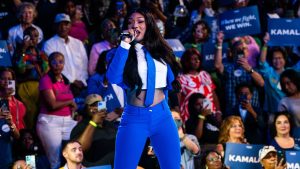
Media framing is how the media presents issues, events, or people. This framing can strongly influence how the public views politics. For example, the way a political debate or campaign is covered can shape voters’ opinions about candidates or parties. Positive or negative coverage can make people more or less likely to support a candidate.
Media outlets decide which issues to focus on and how to show them. A well-framed story can get people interested in a political issue, while a poorly framed one might lead to apathy. How voting is framed whether it’s shown as an important duty or a waste of time can also affect how many people decide to vote.
Entertainment Media and the Shaping of Political Narratives
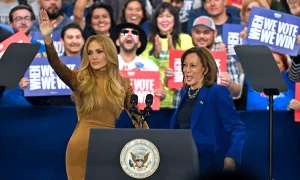
Entertainment media shapes political stories by sharing certain ideas or viewpoints. Films, documentaries, and TV shows often frame political issues in specific ways. These stories can influence how people see political parties, leaders, and movements.
For example, a political thriller might focus on corruption, making viewers feel distrustful of the government. On the other hand, a feel-good political drama could inspire positive feelings about democracy and voting. These portrayals affect how people understand politics and can influence their voting choices.
The Power of Memes in Shaping Electoral Views
In the digital age, memes have become one of the most powerful tools for shaping electoral behavior. Memes often convey political opinions or messages in a fun, easy-to-understand way. These short, humorous images or videos spread quickly on social media, and because they are relatable and shareable, they reach large audiences.
Memes can also simplify complex political issues, making them more accessible to people who might not usually follow politics. However, they can also be used to spread misinformation or negative portrayals of candidates. This dual effect shows the significant role entertainment media, in the form of memes, plays in shaping how people think about politics.
Media Consumption and Voter Decision-Making
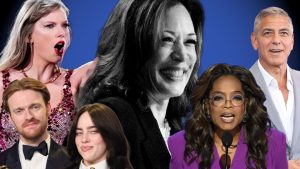
The way people consume media, whether on TV or platforms like YouTube, affects their decisions. Media habits shape what voters learn about candidates, parties, and policies, which can influence how they vote. For example, people who watch mostly conservative news may support right-wing candidates, while those who follow progressive content might prefer left-wing candidates.
This shows how media reinforces existing beliefs, creating “echo chambers” or “filter bubbles.” In these spaces, people only see media that agrees with their views, which can make political opinions more divided.
The Power of Political Ads in Shaping Electoral Behavior
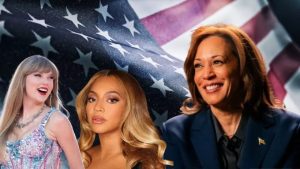
Political ads are a direct way entertainment media affects elections. These ads, made by parties or candidates, aim to convince voters to support them. They often use emotional messages, catchy slogans, and celebrity endorsements to persuade.
Today, political ads are more advanced. They use data and social media to target specific groups of voters. By tailoring messages to people’s interests, these ads can strongly influence election outcomes.
Entertainment Media as a Source of Political Information
Another way entertainment media shapes electoral behavior is by providing political information in an engaging way. Many people don’t get their political news from traditional sources like newspapers or TV news shows. Instead, they turn to entertainment media like talk shows, late-night comedy programs, and reality TV. These programs often present political issues in a more relatable and less formal way, which can make it easier for people to understand complex topics.
For instance, a comedian might explain a complicated policy issue using humor, making it more accessible to viewers who might find traditional news broadcasts too dry or confusing. This form of political education can influence people’s opinions and voting choices.
The Dark Side of Entertainment Media’s Influence
The Influence of Social Media on Elections
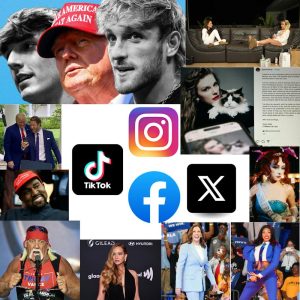
Social media is a powerful way to spread political messages. Platforms like Facebook, Twitter, Instagram, and TikTok let politicians, celebrities, and regular people share their views with a large audience.
Candidates use social media to talk directly to voters, share their opinions, and build support. Social media has made it easier for people to discuss politics, share their thoughts, and stay informed. However, it can also spread false information or biased content.
Entertainment Media’s Effect on Voter Identity
Entertainment media can also affect voters’ personal identities and how they connect to political issues. Many people’s political views are shaped by the media they consume, and entertainment media is a big part of that process.
For example, certain TV shows, movies, or music can influence people’s beliefs about social justice, the economy, or environmental policies. A popular film that tackles issues like climate change, for example, could lead viewers to think more seriously about the environment and vote accordingly. By showing relatable characters and stories, entertainment media helps people form opinions about political issues, making them feel more personally connected to those issues when it’s time to vote.
Challenges of Entertainment Media’s Influence on Elections
Entertainment media has many advantages, but it also comes with problems. One major issue is misinformation. Sometimes media or social media share wrong or misleading information, which can confuse voters and affect their choices.
Entertainment media may also oversimplify complex political issues or focus too much on dramatic stories instead of important policy debates. This can make it harder for voters to make informed decisions. Another challenge is media bias, where some outlets or shows favor one side of politics over another, which can shape how people view candidates.
The Future of Entertainment Media in Shaping Elections
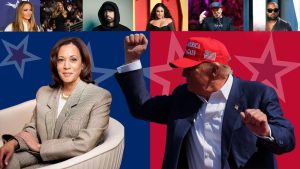
As entertainment media continues to evolve, it will likely play an even bigger role in elections. Social media platforms, streaming services, and digital content will keep growing in influence. In the future, we may see even more interactive ways for voters to engage with political content, like live-streamed debates or online voting campaigns.
However, with this growth, it will be important for voters to be more critical of the media they consume, ensuring they’re making decisions based on accurate and reliable information. As technology advances, both the benefits and challenges of entertainment media will continue to shape the future of elections.
Comparative Table: Entertainment Media Influence vs. Traditional Political Campaigns
| Aspect | Entertainment Media Influence | Traditional Political Campaigns |
|---|---|---|
| Reach | Broad, including global audiences, social media platforms, and TV shows. | Limited to rallies, door-to-door canvassing, and traditional media. |
| Engagement | Interactive, social media allows two-way communication. | Primarily one-way communication through speeches and ads. |
| Influence of Celebrities | Celebrity endorsements play a key role in shaping opinions. | Celebrities are less likely to engage in traditional political campaigns. |
| Voter Mobilization | Can mobilize through social media trends and viral content. | Relies on traditional methods like phone banks, canvassing, and TV ads. |
| Framing of Issues | Issues may be framed in entertaining or exaggerated ways. | Issues are framed more formally, often with a focus on policies. |
Analysis Table: Media’s Impact on Electoral Behavior
| Factor | Impact on Voter Behavior | Examples |
|---|---|---|
| Political Coverage | Influences voter perceptions of candidates and issues. | Negative media coverage of a candidate can reduce support. |
| Celebrity Influence | Mobilizes voters and influences voting preferences. | Celebrities endorsing a candidate like Barack Obama in 2008. |
| Framing of Political Issues | Shapes how voters understand and react to issues. | Media portrayal of economic crises leading to support for reformist policies. |
| Misinformation | Misleading or false information can distort voting choices. | Fake news influencing elections (e.g., 2016 U.S. elections). |
Conclusion
Entertainment media holds immense power in shaping electoral behavior, influencing how voters perceive candidates, political issues, and the act of voting itself. From celebrity endorsements to media framing, the narratives presented by entertainment media can have a profound effect on public opinion and political engagement.
As media consumption continues to evolve, it will be increasingly important to understand how it impacts electoral outcomes. Voters must be critical of the media they consume, and media outlets must strive to provide accurate, balanced, and thoughtful coverage of political issues.






